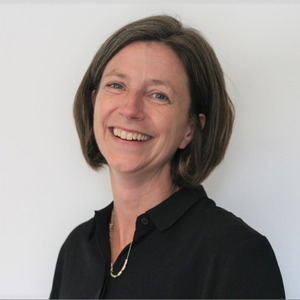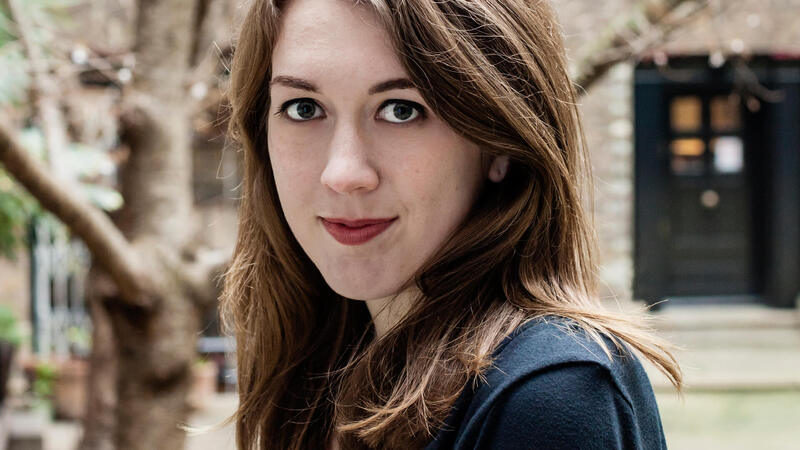You are viewing your 1 free article this month. Login to read more articles.
Forward line
Last week (on Wednesday 19th June) Bloomsbury hosted an event for five emerging writers from development programme The Writing Squad to showcase their work and meet London publishers and agents. The writers spoke briefly about themselves and then presented their work. Their confidence was jaw-dropping and the writing was captivating. You could have heard a pin drop during each reading, and the event was a huge success.
So what is The Writing Squad, and how did the organisation put on such a good show presenting such accomplished writers? Did the authors involved just have exceptional natural talent, or are there other factors at play?
The Writing Squad is an Arts Council England-funded writer development organisation supporting young writers who live, work or study in the North. Steve Dearden, the director, likes to use a football analogy to describe his organisation. The squad was based on the principles of Manchester United’s class of ’92; finding talent at a young age and working with and developing that home-grown talent to a national and international level. As the chair of the Writing Squad, I have a privileged viewpoint of seeing the work they do and the results they achieve. This is my interpretation of why the writers created such a splash last week—some of it may be exclusive to the North, but not all.
Support from a young age. Many of the writers at last week’s event received support from other Northern writ- ing networks over the course of their writing careers, for example Cuckoo Young Writers, Ilkley Young Writers, and Project M in Manchester. The Writing Squad works closely with these “feeder” organisations, and many others in the region, that spot talent and encourage their writers to apply to the squad.
Working with the best. The Writing Squad is an unashamedly élite writer organisation in terms of talent; it works with the finest young writers in the North, it strives to be diverse and inclusive, and raw talent is accepted alongside more developed writers. The early support from feeder organisations means writers can hit the ground running once they join the squad, and their writing can develop and mature at a really fast pace. The Writing Squad is all about its writers: the one-on-one support from the core team sets individual plans for each writer and helps them to achieve their self-assigned targets. Squad days and group work- shops create a real community, too.
The publishing ecosystem. Writer development organisations are a key part of the industry in the North. The Writing Squad works closely with publishers and makes the most of opportunities for emerging writers. Our writers have been published by The Poetry Business, Valley Press and Dead Ink. These publishers represent the next step in the writer’s journey, and supporting and nurturing excep- tional talent is not unusual, particularly with poetry.
Long term support. One of the strengths of the Writing Squad is the long-term support; the door is never closed. After the initial two-year programme, writers do not have to leave. The support continues be it attending workshops or looking for advice. The vision for the business is for it to be self-sustaining. Those who have been through the doors should be those who come back and offer writing support, and this is beginning to happen.
Back to Bloomsbury and the event on the 19th. I hope this helps explain how the writers were so impressive and confident presenting writing of the highest standard. It wasn’t simply raw talent or luck. They were experienced writers who happen to be young, backed up by a well- organised, dedicated support system.
For us, the difference that night was that this was London publishing and agents—no one had heard of our writers or The Writing Squad, so the stakes were a little higher. With the welcome we were given by Bloomsbury and the audience, there wasn’t an opportunity to be intimidated. Amy Luxton, Aoife Inman, Philip Brennan, Saba Sams and Viv Burgess rose to the occasion, and The Writing Squad was brilliantly represented.
Sophie O’Neill is the managing director of Inpress.
This was written as part of The Bookseller's focus on publishing in the north of England; for more content from this focus, head here.



















